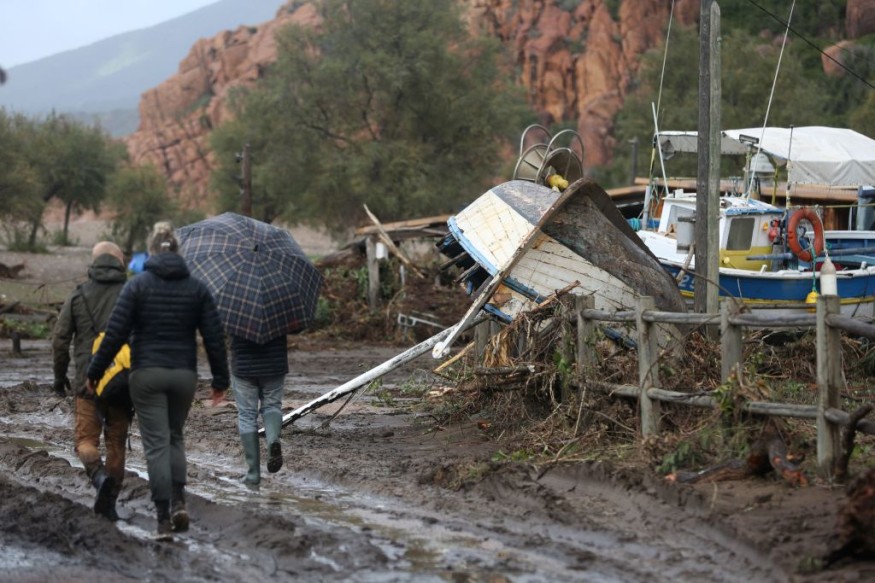
The United Nations report warned that the international funding to protect communities from the growing effects of the climate disaster, which is already affecting billions of people worldwide, is "woefully" inadequate.
Funding Decreased
According to a UN Environment Programme (UNEP) report, this decade alone will require between $215 billion and $387 billion annually for climate adaptation in developing and vulnerable nations.
However, according to the research, funding decreased by 15% in 2021 to barely $21 billion.
The UNEP report partially credits the economic effects of Russia's invasion of Ukraine and the COVID-19 pandemic for this retreat, but the adaptation funding gap has nevertheless increased to a range of $194 billion to $366 billion per year.
Vulnerable developing nations that are at risk from climate change require 10-18 times more money for adaptation than they are now getting.
This adaptation gap is 50% greater than what was anticipated before the start of the investigation.
"We are in an adaptation emergency. We must act like it. And take steps to close the adaptation gap, now," said UN Secretary-General António Guterres in his message on the report.
Wealthy countries promised to provide $40 billion by 2025 at the UN climate summit in Glasgow in 2021.
Cutting carbon emissions and providing the adaptation measures required to protect people from the effects of climate change are top priorities for the Cop28 summit, which will begin in the United Arab Emirates on November 30.
Read Also : Over $42 Million California Funding to Help Fight Climate Change by Planting Trees, Green Spaces
Matter Of Survival
Experts said every nation is ill-prepared for the effects of climate change, making adaptation a "matter of survival."
Inger Andersen, the executive director of Unep, stressed that nations don't have adequate planning or investments against the climate crisis, leaving the world exposed.
"In 2023, climate change yet again became more disruptive and deadly. We've seen the evidence before our very eyes and on our TV screens again and again," she added.
She also emphasized the drought in east Africa, the intense heat and wildfires in the US and Canada, and the flooding in Europe and China.
Andersen said that in the United Kingdom, for example, a recent adaptation plan "fell far short" of ensuring the protection of lives and livelihoods and is now being challenged before the courts.
Andersen said the fall in adaptation funding was hugely worrying as this could have massive implications for people left to face the full force of climate impacts without any shield.
The report discovered that more than 80% of nations have at least one national adaptation plan, but Anderson stated that raising the necessary funds for these plans is crucial.
The research emphasized the importance of increasing investment by national governments and businesses, together with reforms at the World Bank and other international finance organizations to offer more funding for climate initiatives.
Andersen added that the decline in adaptation funding has massive implications, and the longer countries "leave adaptation, the greater the pain is going to be."
Related Article : Climate Change Concerns Make Funding Australia's Fossil Fuel Industry Projects Difficult
© 2026 NatureWorldNews.com All rights reserved. Do not reproduce without permission.





